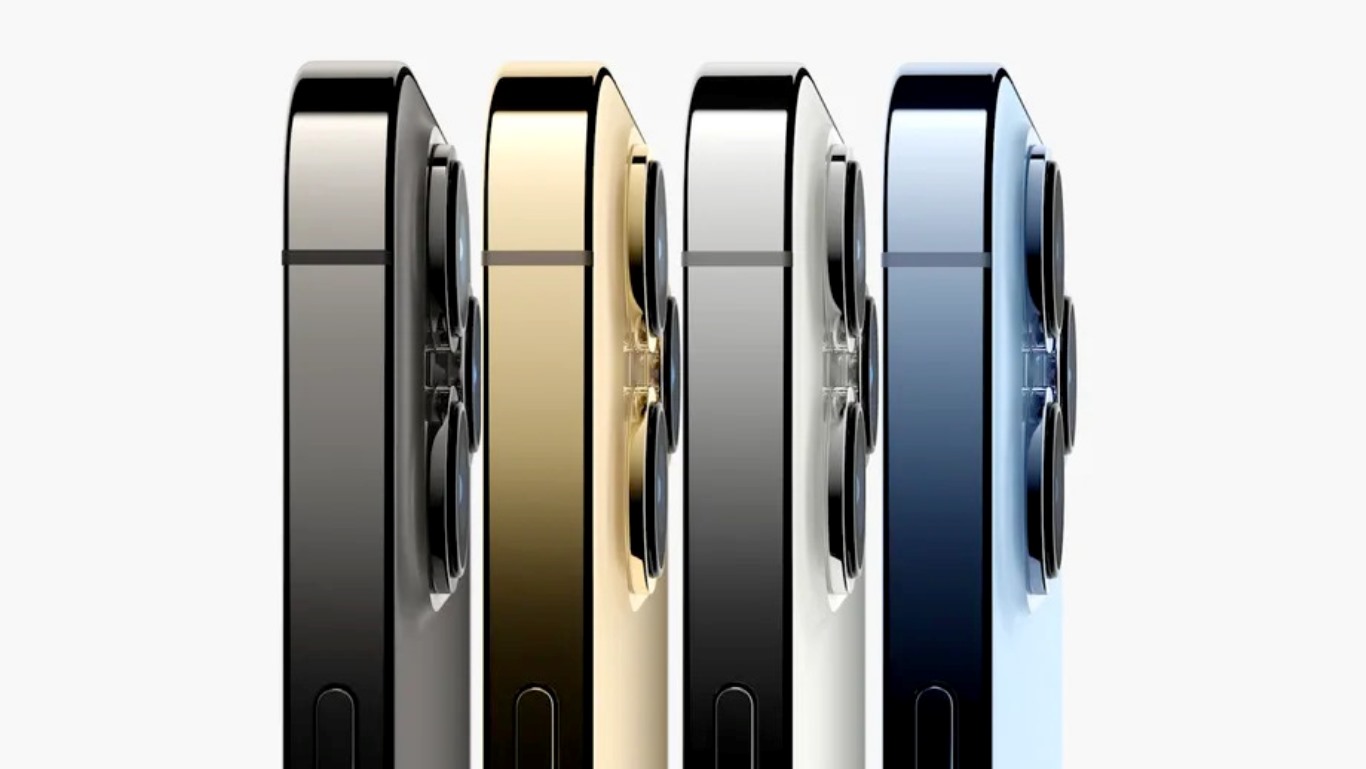Technology
What's Up With Apple: Users Cool to iPhone 13, Slowdown in China and More

Published:

A strikingly large percentage of Apple Inc. (NASDAQ: AAPL) iPhone owners don’t think that the iPhone 13 introduced last month is a very exciting product. Some 64% say the new iPhone is “not very” or “not at all” exciting. Less than a quarter of an estimated 113 million U.S. iPhone owners plan to upgrade to the iPhone 13.
The data is based on a survey of more than 5,000 adult U.S. iPhone owners by mobile device research firm SellCell.
Among the 23.2% of iPhone owners who plan to purchase an iPhone 13, the most popular model is the Pro, the choice of 42.5% of upgrade buyers. Among non-buyers, the lack of Touch ID (29.3%), no major new features (19.5%) and satisfaction with their current iPhones (12.1%) are the main reasons given for not upgrading.
More than a third of non-buyers (36.8%) say they will wait until Apple releases the iPhone 14, and another 32.3% say they don’t plan to upgrade at all during the next two years. Just over 16% say that they are switching to Android phones, and 11.3% are planning to buy an older (and cheaper) iPhone model.
For current iPhone owners planning to switch to Android phones, 45.1% say they will buy a Google Pixel phone, while 41.8% plan to purchase a Samsung phone. That reverses the preferences SellCell reported in March, indicating that iPhone switchers preferred Samsung over Google by 46% to 35%. The researchers note that recent hype related to the coming release of Google’s Pixel 6 could be a reason for the reversal.
Key Apple suppliers in China are warning of further disruptions to energy supplies and possible disruptions to the supply chain just as the peak holiday production season begins. According to a report in the Financial Times, several firms, including key Apple suppliers, have been told to reduce energy use by as much as 30%.
Pegatron, a Taiwan-based company and major iPhone assembler, reduced “non-essential” power use by at least 10% beginning in October. Other iPhone suppliers are reviewing existing inventory in light of the new regulations on electricity use, hoping to figure out a way to avoid running out this month. ASE Technology, the world’s largest chip-packaging and testing firm, complied with the government restrictions by arranging earlier shipments, hoping to soften the impact on its customers.
Apple may be getting a little sideways with some of its partner banks, according to a report in The Wall Street Journal. Just as mobile game makers like Epic Games do not want to pay the commissions Apple demands, some banks and credit card companies don’t want to pay the fee Apple charges for transactions conducted through Apple Pay’s mobile wallet.
Apple charges a fee of 0.15% of the purchase price for every Apple Pay transaction, and the fee applies to every credit card transaction, including automatic recurring payments like subscriptions. Visa has proposed eliminating the fee for these recurring payments and Apple, of course, is opposed. Debit-card transactions pay a separate fee. According to The Wall Street Journal, “Those fees account for most of the revenue that Apple makes from its digital wallet, according to people familiar with the matter.”
Google’s competing wallet, Google Pay, does not charge a transaction fee. And some banks and card issuers remain miffed at Apple for launching its own credit card two years ago with Goldman Sachs. Not surprising, really, most customers don’t like direct competition from their own vendors.
Thank you for reading! Have some feedback for us?
Contact the 24/7 Wall St. editorial team.